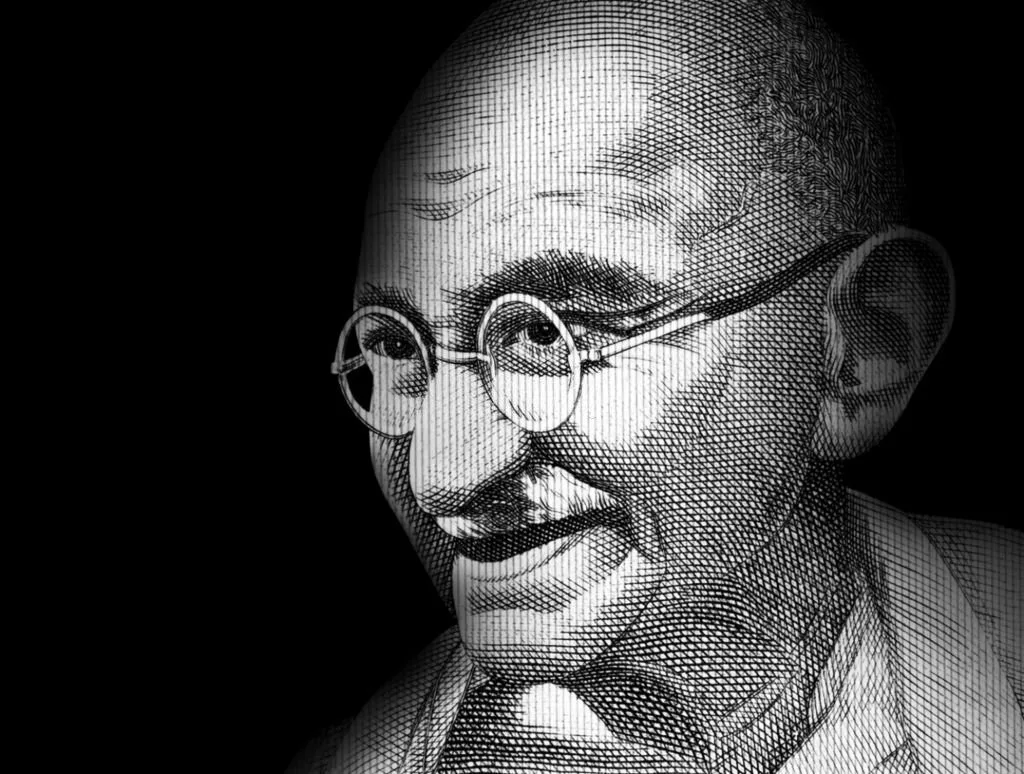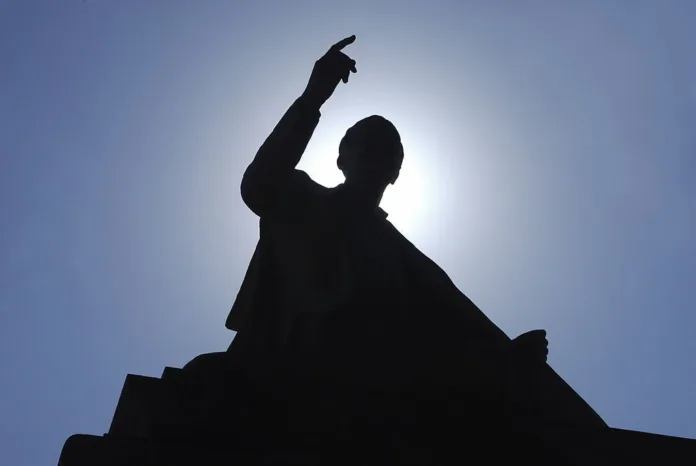Strong leaders have influenced recovery from severe crises, created the circumstances for societal evolution, and in some cases, launched revolutions. They have also helped their nations navigate their futures. These leaders have left their marks on history thanks to their persistence, will, self-motivation, and love for a cause.

1. Mahatma Gandhi: Gandhi, an Indian lawyer, political ethicist, and independence warrior, has long been regarded as the poster child for peaceful change. His commitment to ahimsa (non-violence) and satyagraha (mass civil disobedience) united dissidents from all castes and inspired people to participate in the struggle for India’s independence from Britain.
2. Julius Caesar: From 49 BCE to 44 BCE, Julius Caesar ruled Rome as a military general, politician, and dictator. His effective campaign against the Gallic Wars, his political and military shrewdness, and his persuasive oratory all had a significant role on his ascension to prominence. His passing ushered in a time of disarray in Roman politics, but it was his tenacity that served as an example for succeeding generations.
3. Abraham Lincoln: The 16th President of the United States was Abraham Lincoln. He has received unending accolades for guiding the nation through the American Civil War and is arguably one of the most adored and legendary presidents in American history. He was a committed politician who had the terrible burden of upholding the Union and abolishing slavery.
4. Adolf Hitler: A notorious German dictator who controlled Germany from 1933 to 1945, Adolf Hitler is infamous for his repressive government policies and horrific deeds during World War II. Millions of people died as a result of his military campaigns and control over the German people.
5. Alexander the Great: The Macedonian ruler was receptive to other societies and cultures. At the age of 16, he enlisted in the military in 323 BCE, and within twelve years, he had conquered the entire world. By the age of 32, he had not only won several battles, built the largest empire in history, but also contributed to the cultural unity of the Mediterranean region.
6. Genghis Khan: From 1162 to 1227, Genghis Khan served as the Mongols’ leader and is regarded as history’s most successful conquistador. He is recognised for his brutality and cruelty on the one hand, and his military prowess and progressive administrative changes on the other.
7. Queen Elizabeth I: Known as the “Gloriana,” Queen Elizabeth I is regarded as the most successful British emperor. Britain rose to the top of the European power pyramid during her reign, stabilizing its domestic policies in the process. She was an outstanding diplomat and a remarkable leader.
8. Nelson Mandela: One of the most influential and potent political figures of the 20th century, Nelson Mandela served as the Republic of South Africa’s first black president. Despite enduring racial and cultural barriers, he helped South Africa’s people change and come together.
9. Mao Zedong: A national hero of China and a leader of the Chinese Communist Party. China grew to be one of the leading nations in the Communist bloc during his administration. During his reign, China underwent substantial social changes that greatly increased growth and population while also uniting the nation.
10. Winston Churchill: Winston Churchill is frequently recognised as one of the 20th century’s best leaders. He guided Britain through the Second World War, the biggest catastrophe of the 20th century. He led the British forces through a trying time by combining military strategy with sheer willpower and tenacity.
These influential figures serve as real-life illustrations of true leadership and tenacity. We must make an effort to adhere to their teachings and absorb their thirst for optimism and achievement as a tribute to their legacies. They have changed our perspective on life and society by instilling in us the value of dedication and service to a cause.




